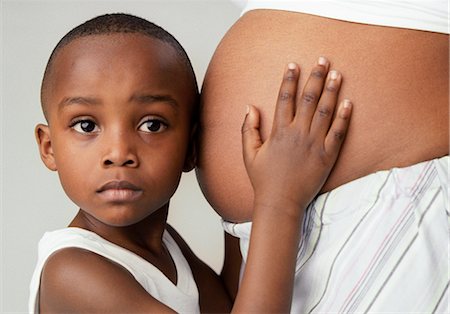- January 25, 2016
- Posted by: emobile
- Category: Uncategorized
No Comments

Rubella also usually referred to as “German measles,” is a disease caused by virus. Rubella is a contagious disease. It is a serious medical condition for pregnant woman and their unborn. Rubella is very dangerous for pregnant women and unborn babies.
The infection comes with rash at the peak with a mild fever. It can cause a birth defects if a pregnant woman is infected. Rubella spreads when an infected person coughs or sneezes. The disease is most contagious when the infected person has a rash. But it can stay up to 7 days before the rash appears. People without symptoms can still spread rubella.
Symptoms of rubella in children usual last between 2 to 3 days. Rubella has the following symptoms;
-
Rash that starts on the face and spreads to the rest of the body
-
Low fever (less than 101 degrees) Before the rash appears, older children and adults may also have
-
Swollen glands
-
Cold-like symptoms
-
Aching joints (especially in young women)
About half of the people who get rubella do not have symptoms. Most adult who get rubella usually have a mild illness, with symptoms that can include;
-
a low-grade fever
-
Sore throat, and a rash that starts on the face and spreads to the rest of the body.
-
Some people may also have a headache
-
Pink eye, and general discomfort before the rash appears.
A situation where an ‘unvaccinated pregnant woman gets infected with rubella virus she can have a miscarriage, or her baby can die just after birth’. Also, after delivery her baby can develop serious birth defects like
-
Heart problems
-
loss of hearing and eyesight,
-
Intellectual disability, and
-
Liver or spleen damage.
Serious birth defects are more common if a woman is infected during early pregnancy, especially in the first trimester.
There are vaccines which can prevent an infected pregnant woman from passing Rubella to her baby. Children can also be vaccinated on schedule after birth to protect them from rubella infection.
Rubella vaccine is usually given as part of a combination vaccine called MMR, which protects against three diseases: measles, mumps, and rubella. MMR vaccine is safe and effective and has been widely used for more than 30 years.
Every pregnant woman should talk to her doctor about this and ensure her baby gets the vaccines after birth. Children should get 2 doses of MMR vaccine at 12 through 15 months of age and the second dose at 4 through 6 years of age, before entering school.


